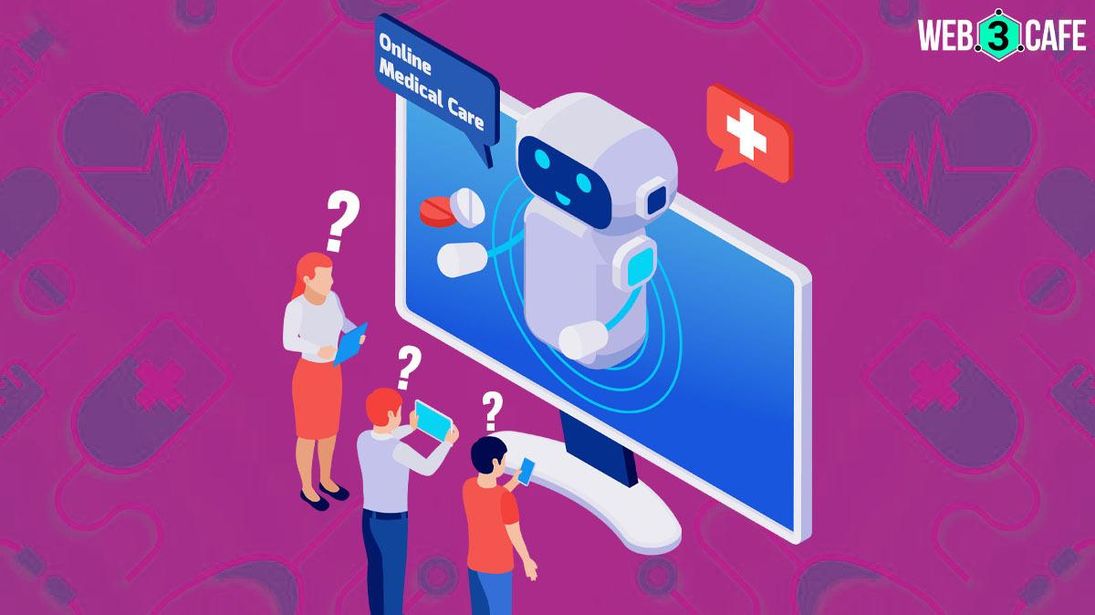Google tests AI chatbot for answering medical questions, here’s all you want to know
Google is reportedly testing Med-PaLM 2, a specialised chatbot, aimed at striking healthcare conversations.
 artificial intelligence
artificial intelligence
Highlights
- The new model has been trained on a curated set of medical expert demonstrations
- However, it suffers from some accuracy issues, cite reports
Google, the tech behemoth, is currently exploring an artificial intelligence-powered programme to answer questions about medical information, say the latest reports.
Google's AI tool, Med-PaLM 2, has been undergoing testing at the Mayo Clinic as well as in other research hospitals since April. It must be noted that Med-PaLM 2 is a variant of PaLM 2, which was announced at Google I/O in May this year and is a language model underpinning Google's Bard.
New model better at making healthcare conversations
Reports suggest that the tech giant is of the opinion that the new improved model will be useful in places where there is 'limited access to doctors'. The model has been trained on a curated set of medical expert demonstrations. Google believes that the said model, which would function as a healthcare-specific chatbot, will make it better at striking healthcare conversations than general-purpose chatbots like Bard, Bing, and ChatGPT.
However, Med-PaLM 2 suffers from some accuracy issues, as highlighted in Google's research paper released in May this year. Physicians detected more inaccuracies and irrelevant information in answers provided by this model as compared to other doctors.
Nonetheless, despite the accuracy issues, Med-PaLM 2 performed more or less the same as the actual doctors in other metrics, be it consensus-supported answers or reasoning. Here, it must be mentioned that the inaccuracy issue has impacted popular chatbots including OpenAI's ChatGPT and Google's in-house Bard.
Reports suggest that users testing Med-PaLM 2 will have control over their data, which will be encrypted, and the tech firm will not have access to it.
It must be noted that Med-PaLM 2 is in its nascent stage and has the potential to significantly improve the healthcare sector.


COMMENTS 0